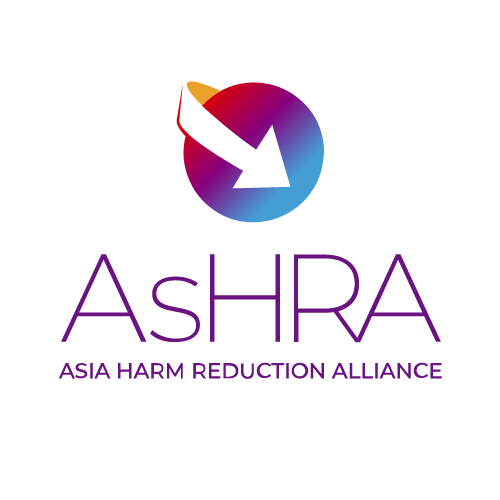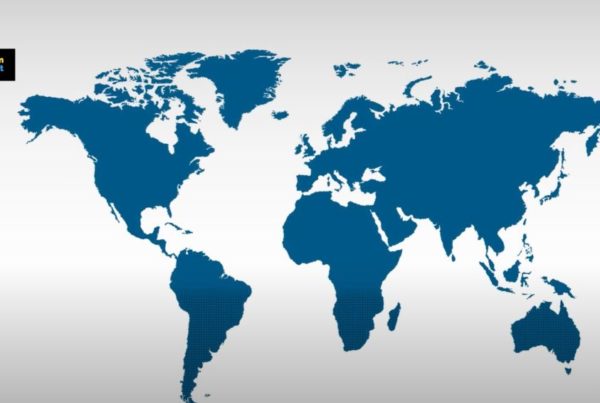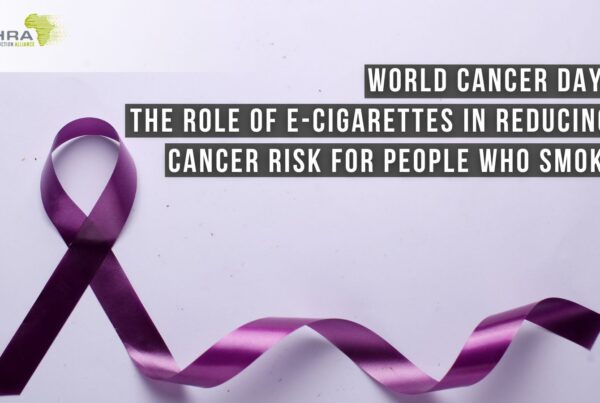The new Asia Harm Reduction Alliance (AsHRA) platform aims to bring together leading harm reduction experts in the medical community in Asia Pacific and the Middle East. Their mission is to reduce drug, alcohol and tobacco-related death and disease by educating policymakers on the benefits of harm reduction policies.
“In tobacco harm reduction alone, the reduced risk products can help prevent up to 1,000,000 deaths each year” says the AsHRA website, which is being championed by key medical professionals and public health experts.
The website, along with its counterpart Twitter and YouTube channels, will release weekly posts, and the latest and most important scientific studies in the areas of tobacco, alcohol and drug harm reduction.
Webinars with key public health advocates and experts will be conducted and broadcast to shine a light on the harm reduction work and policy developments in Asia Pacific and the Middle East.
Click here to see the website.

OTHER NEWS
Misleading the Public: How Traditional Tobacco Control Content Distorts the Facts
Tobacco harm reduction (THR) is a public health strategy aimed at reducing the health risks associated with combustible tobacco use.…
Read More
Research on Innovations for Africa: A New Opportunity Arises in Kenya
Kenya stands at a pivotal moment in its healthcare journey. With the recent launch of Cochrane Africa’s hub in Nairobi,…
Read More
Related Posts
 Letter to the World Health Organization (WHO)
Letter to the World Health Organization (WHO)
Letter to the World Health Organization (WHO)
Letter to the World Health Organization (WHO) and delegates of the Ninth Conference of Parties (COP9) regarding the Framework Convention…
 Public Health implications of vaping in Germany
Public Health implications of vaping in Germany
Public Health implications of vaping in Germany
Prof Levy’s SAVM model predicts 4.7 million life-years saved, and 300,000 deaths avoided by 2060 In Germany’s population of 84…
 Public Health implications of vaping in the United States of America
Public Health implications of vaping in the United States of America
Public Health implications of vaping in the United States of America
Public health implications of vaping in USA: Prof Levy’s SAVM model predicts 38.9 million life-years saved, and 1.8 million deaths…


